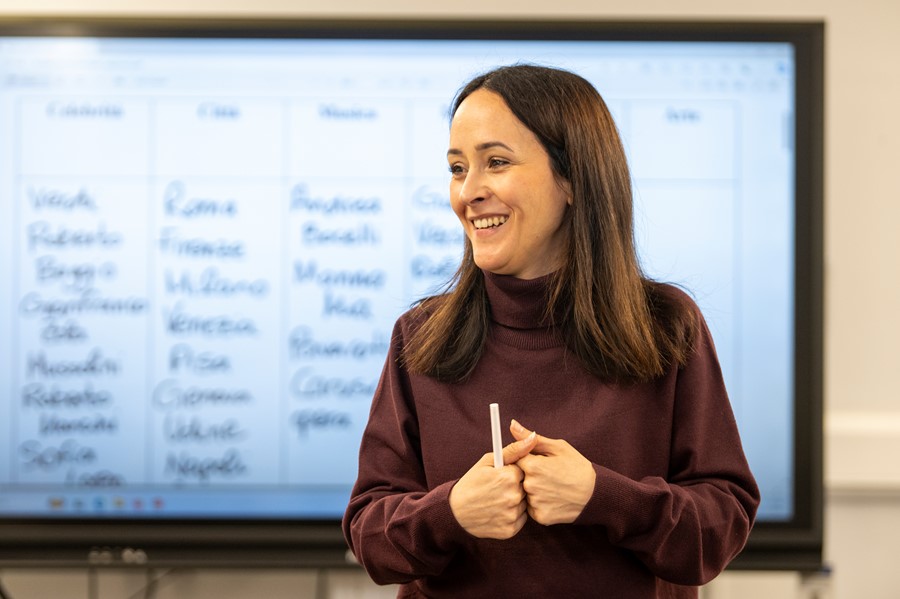What will the course Cover?
Learners must achieve all credits from all mandatory units. Additionally, they must achieve 19 credits from optional units The course will cover the following areas of learning: Agreed Ways of Working in Care Settings Safeguarding Mental Capacity and Restrictive Practice in Care Settings Duty of Care in Care Settings Effective Communication in Care Settings Handling Information in Care Settings Person-Centred Practice in Care Settings Importance of Choice and Independence in Care Settings Importance of Health and Wellbeing Equality, Diversity, Inclusion and Human Rights in Care Settings Health and Safety in Care Settings Infection Prevention and Control in Care Settings The Importance of Continuous Development The Importance of Personal Wellbeing Administer Medication to Individuals and Monitor the Effects
Who is this course for?
Level 3 Diploma in Adult Care is designed for individuals who work, or are aspiring to work, in a supervised role within the adult care sector
What skills, knowledge or experience do I need to start this course?
Learners should have a minimum of Level 2 in literacy and numeracy or equivalent
What should I be able to do by the end of the course?
Level 3 Diploma in Adult Care is a comprehensive diploma that can open up various career pathways and opportunities within the adult care sector. Achieving this qualification means you are ready to stand out to employers in the care profession because you have developed strong care skills and knowledge. You would have covered essential concepts in modern care, including the duty of care, safeguarding and advocacy, strategies for promoting wellbeing and techniques for special individual needs, this course will prepare you for a wide range of roles in healthcare.
How is the course organised?
In order to cater to various learning styles Adult Learning and Skills Service (ALSS)provides various delivery methods, which include blended learning and online learning.
What extra study or practice is expected outside of the class?
To gain the maximum benefit, you should read recommended books and websites, and practice the topics covered during the class each week – the more you practice, the faster your skills will improve. Computer access is available at Study Support sessions at Macbeth centre, or at your local library
How will my progress be assessed?
This course is assessed using a series of assignments that are designed to test your knowledge of the course materials. Your assessor will mark your work and guide you throughout the programme. You will need to complete a work placement of at least 200 hours and take part in workplace observations in order to complete this course.
What can I expect to go on to after this course?
Level 3 Diploma in Adult Care is a comprehensive diploma that can open up various career pathways and opportunities within the adult care sector. Here are some potential outcomes and career paths that individuals may pursue: Senior Care Worker/Supervisor: With the Level 3 Diploma, individuals may be eligible for roles with more responsibility, such as a senior care worker or supervisor. These positions often involve overseeing the work of other care staff and coordinating care plans. Care Coordinator: Some individuals may choose to move into roles that involve coordinating care services, ensuring that the needs of individuals are met effectively and that care plans are well-managed. Care Manager: With experience and further education, individuals may progress into care management roles. Care managers are responsible for the overall management of care services within a specific setting. Specialist Roles: This diploma provides a foundation for individuals interested in specialising in certain areas of adult care, such as dementia care, mental health support, or learning disabilities. Further training and experience may be required for these specialised roles. Healthcare Assistant in Hospitals: The Level 3 Diploma can be a stepping stone for those interested in working in healthcare settings, supporting individuals with their healthcare needs in hospitals or other healthcare facilities.
Are there any other costs and what do I need to bring?
A pen and notebook, a file folder to store handouts, and a USB key if you want to take your work home with you (your tutor can give you advice on purchasing USB keys). If you are comfortable using the Internet, there are some helpful online sites, which will be shared at the end of every session.
What support is available?
You may wish to get additional help and guidance offered through the free Study Support Sessions at the Macbeth Centre. At these sessions you can access the internet, work on and print homework and assignments for your course, research, access a range of software, improve your typing and practice/review what you have covered in class. You will need to book a place on these sessions – ask your tutor how. Help with literacy or numeracy is available through the basic education programme and the ESOL programme offers help for speakers of other languages.



